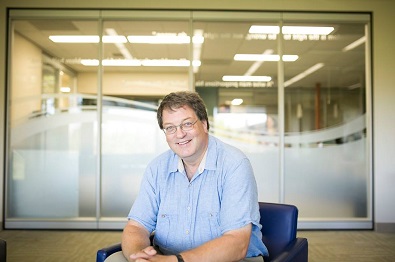As First Nations who undertake elections during the COVID-19 pandemic decide whether to proceed, a University of Saskatchewan professor said the case could be made for either.
Yet he said First Nations should hold the authority to decide on if an election should take place.
“I’m very much a fan of individual First Nations making their own decision in this regard. I don’t want to have a situation where Ottawa decides what happens and doesn’t happen. Certainly we’ve learned enough to know the democratic processes that spring from the communities are the ones that have the greatest strength and enduring power,” Ken Coates said.
The Red Pheasant First Nation recently conducted their election. Beardy’s and Okemasis’ Cree Nation will go to the polls Friday, but under strict conditions to help prevent the spread of the coronavirus.
“Ensuring that a governing body is in place for the Nation is crucial, if the election does not occur on March 27, 2020, this will create a governance gap and the Nation will not have a government. The election will continue to move forward as previously motioned by Council, with precautionary measures and guidance from a professional health authority,” the First Nation explained.
However, the Lac La Ronge Indian Band decided it would postpone its election, stating it was in the best interests of health and safety to delay the March 30 vote, to a date to be announced later.
Coates said delaying the election is acceptable given the emergency which has risen from the coronavirus. He admits a long postponement could upset people, but that elections have been delayed in extenuating circumstances.
Coates explained that having an election too is fine, given advancements in technology. By conducting online voting and virtual town halls on live social media platforms, this will allow voters to get their questions answered, engage the candidates, listen to speeches on other forums and cast a ballot, without meeting face-to-face and risking becoming ill.
Coates believes by going online it could change First Nations elections, which would benefit urban residents.
